
IRAN and PARADISE are still twins ’17
One of my dear memories of Iran is the evening, night and day, not far from the road to Mashad and Herat, in the spring of 1973.
It was the year in which we traveled during six months in a second-hand British Ford-transit: the first two months through North-Africa and the Sahara, and from there to Asia, crossing Turkey, Iran, Afghanistan, Pakistan, and India on our way to Lake Manasbal at the foot of the Himalaya in Kashmir, administered by India.
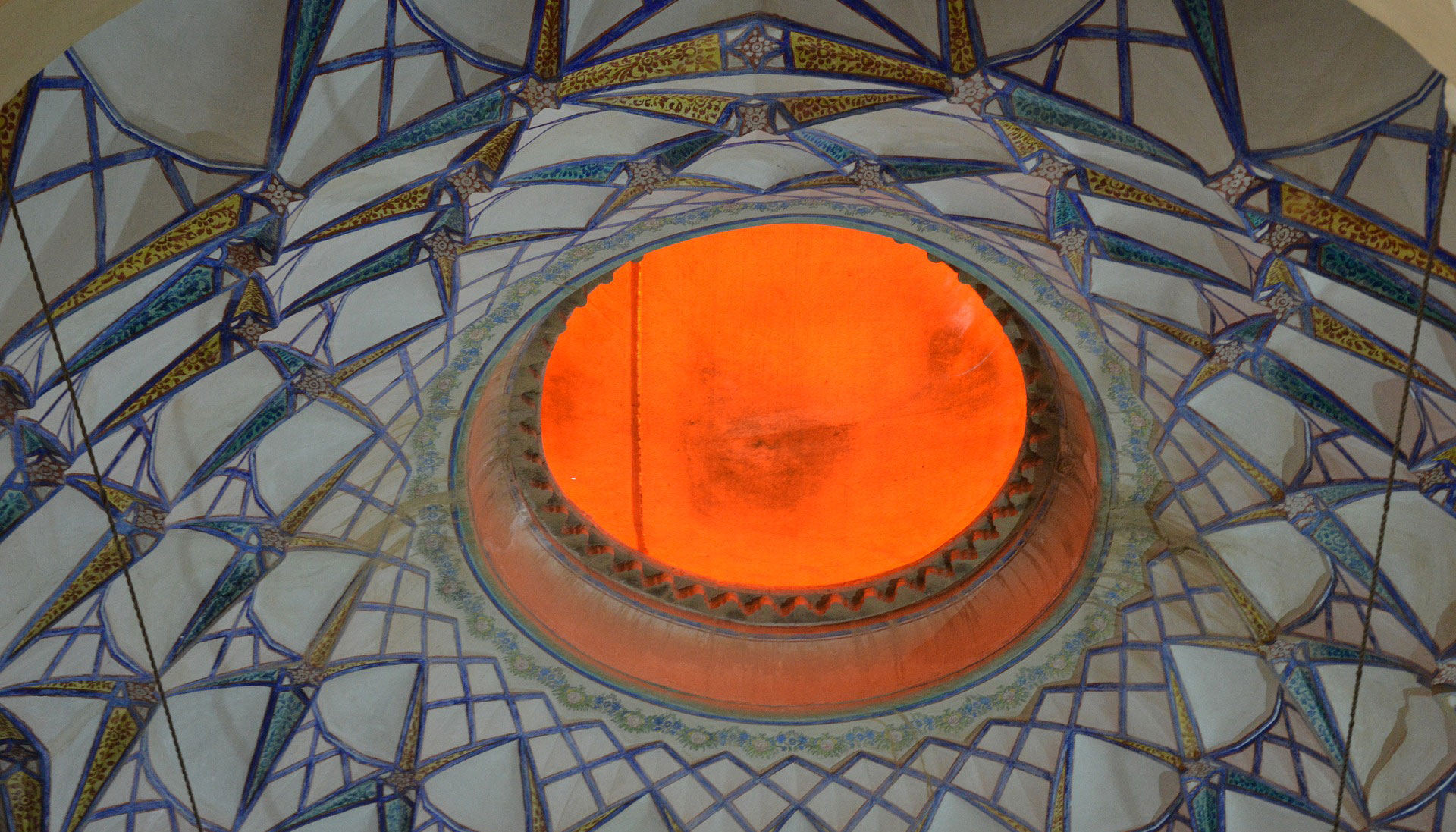
L’IRAN et le PARADIS sont toujours jumeaux ’17
Je viens par cette lettre vous remercier de votre présence, physique ou autre, aux festivités des 23 et 24 juillet 2016. C’est alors que vous avez appris que nous préparions un voyage en Iran.
La soirée, la nuit et la journée que nous avions passées près de la route menant à Mashad et Herat, au printemps 1973, forment l’un de mes plus chers souvenirs de l’Iran.
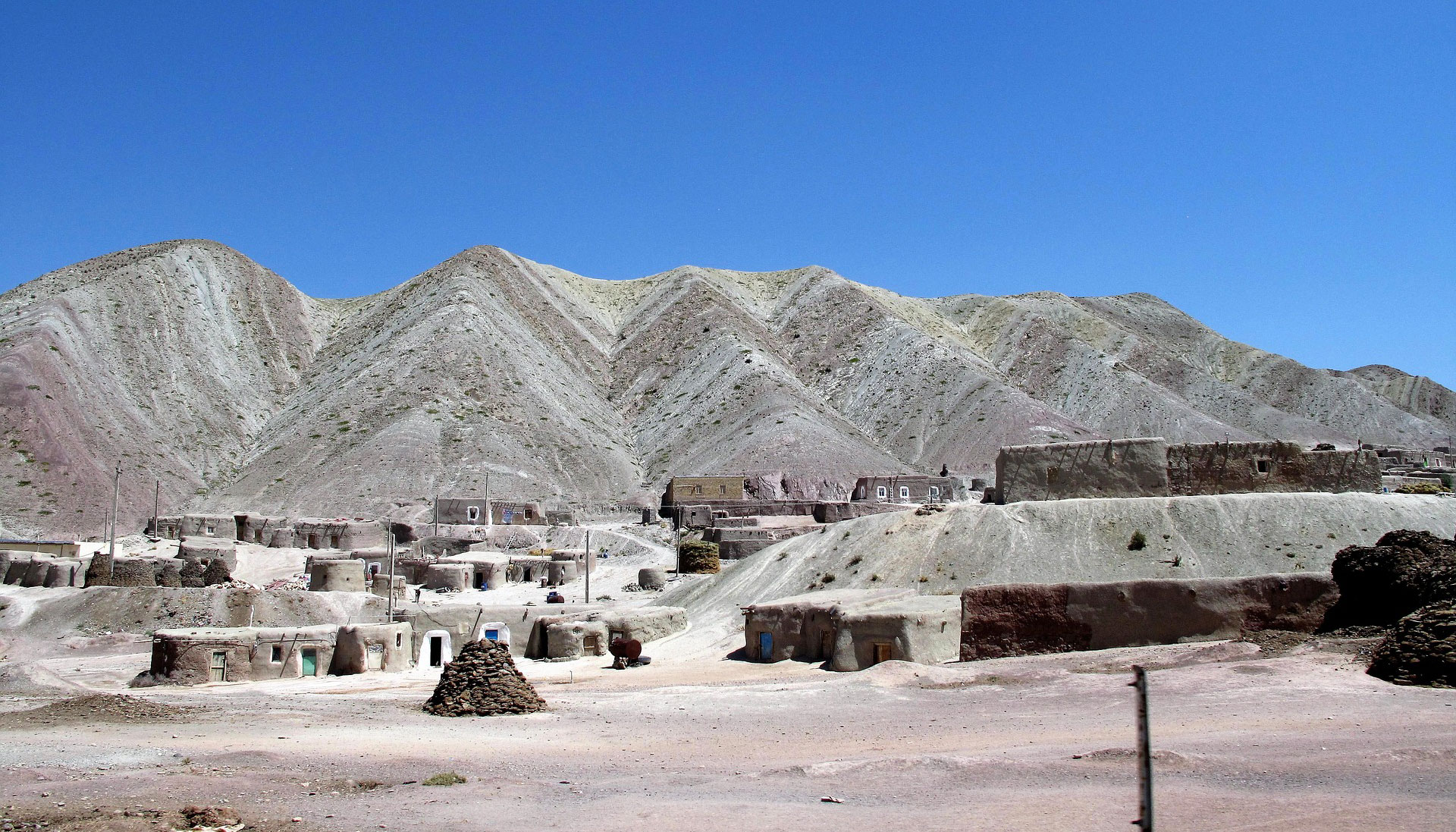
IRAN en PARADIJS zijn nog steeds een tweeling ’17
Deze brief ontvangt ieder van jullie als dank voor je aanwezigheid, al of niet op afstand, bij het feest op 23 & 24 juli 2016. Het weekend stond voor ‘ingewijden’ in het teken van de reis van Colette en mij naar Iran.
Een van mijn mooiste herinneringen aan Iran is de avond, nacht en dag, niet ver van Mashad op weg naar Herât, in het voorjaar van 1973. Dit was het jaar waarin we zes maanden reisden in een oude Britse Ford-transit: zes weken Sahara; vandaar naar het Midden-Oosten, Afghanistan, Pakistan, India tot in Kasjmir aan de voet van de Himalaya.
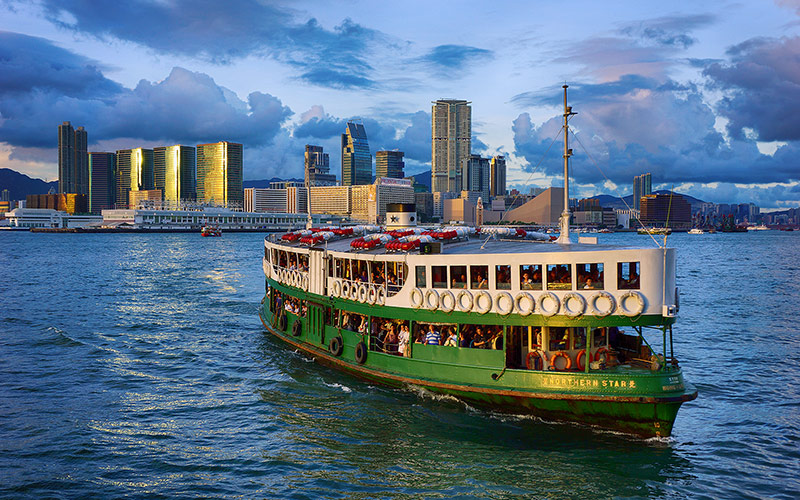
China ’85
My decision in 1985 to travel to China felt as an obligation. Twice in my LSD-dreams, I became an old Chinese. I entered China by water and wind, according to the ancient Feng Shui tradition, leaving from the Tsim Sha Tsui Ferrie Pier – Kowloon Peninsula, to Kanton (Guangzhou), capital of the province Guangdong.
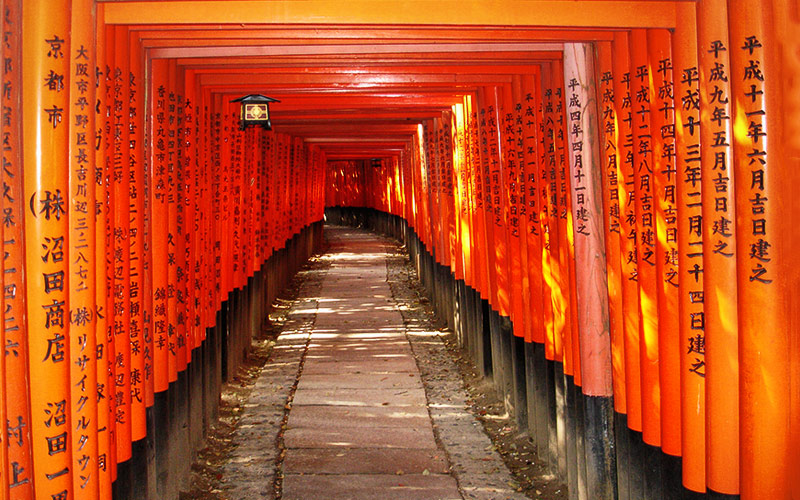
Japan ’07
My journey through Japan has been documented in an alternate form: a Haiku Quartet Game. I started writing haiku during my journey through Japan. My Haiku are written for the people of the 21st century. I believe we must find new roads to the inner worlds which lay hidden under the brick and cement of our urban existence.
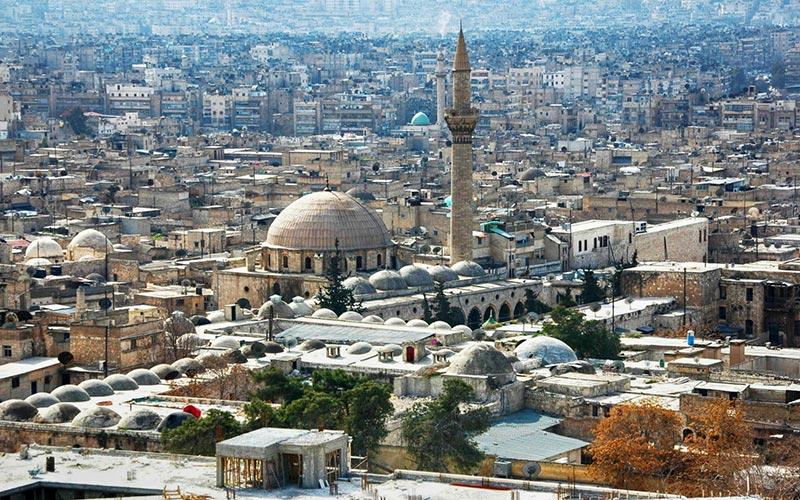
Turkey & Syria ’11
Aangekomen in ons hotel in Aleppo, gezellig maar rundown, zegt de manager vriendelijk: laat iedereen zijn eigen geloof en visie hebben. De gesluierde vrouwen lijken het te praktiseren. Ze wandelen rustig en zelfverzekerd door het drukke verkeer, zonder op de lichten te letten. Verkeersagent kijkt toe.
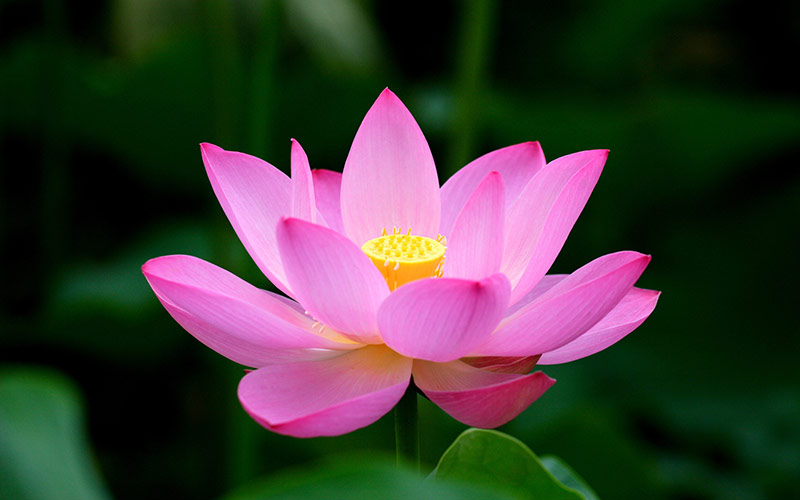
Three Continents ’73
My consciousness had reached its nomadic bottom due to six months of travelling, borders, faces, landscapes, fights, troubles and above all: the immense space and silence of the Sahara; the beauty of the lotus flowers in Kashmir’s lake Manasbal at the foot of the Himalaya; musicians laying on their back with their drums between their legs, welcoming bride and bridegroom; early morning the hazan, the call for prayer from minarets; the days and nights at the Afghan border at the Pakistani side in 50 degree heat.
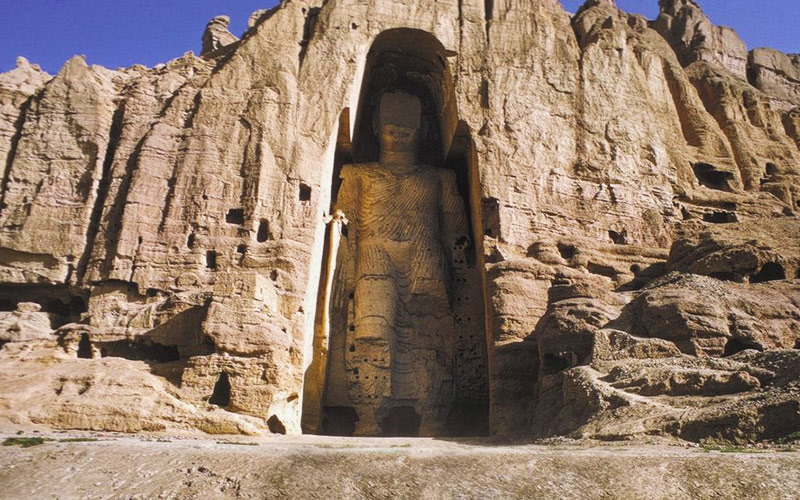
Afghanistan ’73 – ’01
Landlocked, surrounded by Pakistan, Tajikistan, Iran, Turkmenistan, Uzbekistan and China; its highest point 7492 m., its lowest 258 m., Afghanistan has been invaded since the sixth century BCE into the nineteenth century when both Great Britain and Russia tried to get the upper hand. The pattern repeats itself in our times. We crossed the country twice in 1973: during the reign of Mohammed Zahir Sjah, and after he was ousted by his first cousin Mohammed Daoud Khan. A period of four decades, relatively peaceful, came to an end.
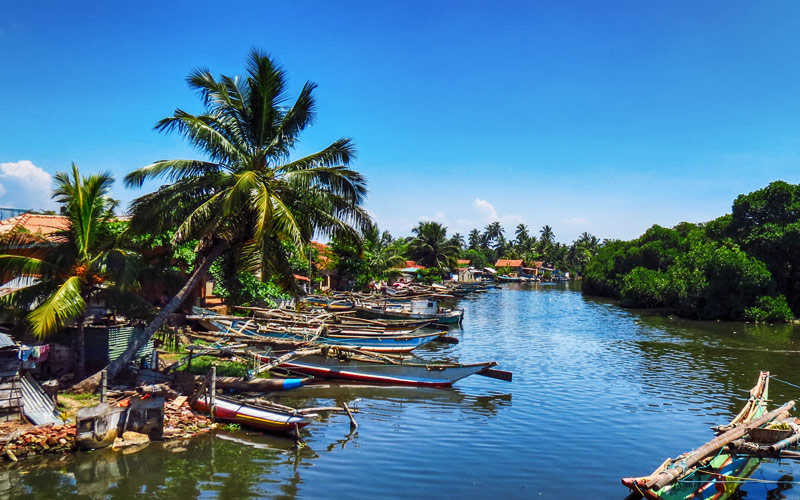
Sri Lanka & India ’80
A guesthouse in Negombo was our first stop. We didn’t want to stay in Colombo, a city of 1.6 million. The rooster and crows near the guesthouse woke us in the early morning with creaking sounds. Their noise made the first days even more peaceful. Descriptions of Sri Lanka as paradise on earth seem to be proper. As in some other Asian countries, women behave with so much grace, friendliness and ease that associations with paradise come naturally. In the absence of a belief in Fallen Man, one develops a natural trust in the goodness of human nature.

